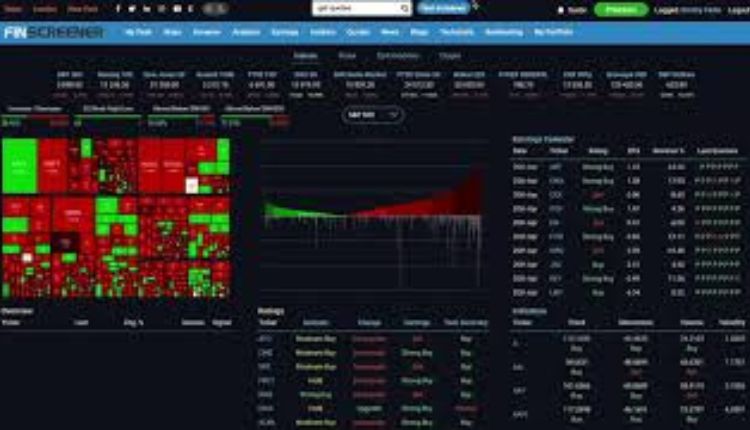Introduction:
As an investor, it’s essential to have access to the latest financial data about companies you’re interested in investing in. One tool that can help you stay informed is an earnings calendar, which lists the dates when publicly traded companies release their quarterly and annual financial reports. An earnings calendar can help you stay ahead of the market trends and make informed investment decisions. In this article, we’ll provide a comprehensive guide on what an earnings calendar is, how it works, and its benefits for investors.
What is an Earnings Calendar?
An ernings caleandar is a schedule that lists the dates when publicly traded companies release their financial reports. The financial reports usually include information such as a company’s revenue, earnings per share (EPS), net income, and other financial metrics. Besides financial reports, the earnings calendar may also include other significant events, such as annual shareholder meetings, dividend payments, and stock splits.
The earnings calendar is an essential tool for investors to keep track of significant market events. It provides a timeline of when investors can expect to receive critical information about a company’s financial performance.
How Does an Earnings Calendar Work?
The earnings calendar works by providing investors with a schedule of dates when publicly traded companies will release their financial reports. The calendar lists the date, time, and time zone for each company’s earnings release. Once a company releases its financial report, investors can use the information provided to analyze the company’s financial performance and anticipate the market’s response.
Investors can use the information provided in the earnings reports to make informed investment decisions. For example, if a company’s financial performance exceeds analysts’ expectations, it could result in a significant increase in the company’s stock price. In contrast, if a company’s financial performance falls short of analysts’ expectations, it could result in a significant decrease in the company’s stock price.
Benefits of Using an Earnings Calendar
Using an earnings calendar provides investors with several benefits, including:
- Identifying Investment Opportunities: The earnings calendar provides investors with critical information about a company’s strengths and weaknesses. By analyzing a company’s financial performance, investors can identify investment opportunities and make informed decisions.
- Anticipating Market Response: An earnings calendar allows investors to anticipate the market’s response to a company’s financial performance. By analyzing a company’s financial report, investors can predict market trends and make informed investment decisions.
- Timely Trading: An earnings calendar enables investors to time their trades effectively. By knowing when a company will release its financial report, investors can make trades when the market is most active, avoiding unexpected surprises.
Tips for Using an Earnings Calendar
To use an earnings calendar effectively, investors should consider the following tips:
- Check the Date and Time: The earnings calendar lists the date and time of each company’s earnings release. Investors should ensure they know the time zone to avoid missing critical announcements.
- Analyze Expected Earnings: The earnings calendar includes analysts’ estimates of the company’s earnings per share (EPS) and revenue for the quarter or year. Investors should compare the current earnings with the previous earnings reports to identify any improvement or decline in the company’s performance.
- Monitor the Surprise Factor: The earnings calendar includes the “surprise factor,” which measures how much the reported earnings differ from the analysts’ estimates. A higher surprise factor indicates that the company’s performance exceeded expectations, which may result in a significant market reaction.
Conclusion:
An earnings calendar is a crucial tool for investors to stay informed about significant market events and make informed investment decisions. It provides a schedule of dates when publicly traded companies release their financial reports, allowing investors to anticipate the market’s response and adjust their trading strategies accordingly. By following the tips outlined in this article, investors can maximize

